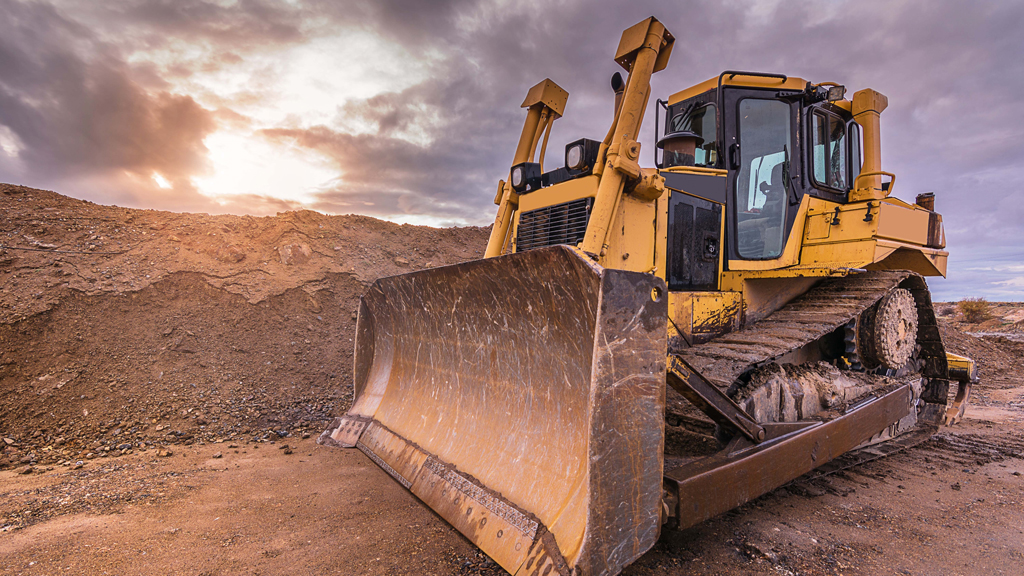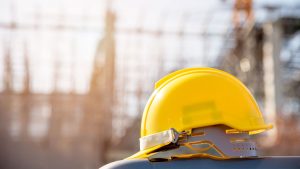A heavy equipment school is opening opportunities for remote communities in British Columbia and Alberta.
Recently IHE Heavy Equipment Operator College saw an entire class of Indigenous women from Little Red River Cree Nation in British Columbia graduate with heavy equipment operator certificates.
IHE remote/mobile manager and instructor John Price said the school didn’t know the composition of the class prior to enrolment.
“It was demographic coincidence from IHE’s standpoint,” Price said. “We do quite often Indigenous remote training across B.C. and Alberta and when we were approached at the time, we had no clue it was all women.
“It was only when we kicked it off we got the information that this was a diverse age-group of women, which was great,” he added.
Price said the school takes classes directly to communities along with heavy equipment for hands-on instruction.
“We take the equipment to the communities and do the instruction within their communities or very close to them,” Price said.
Many communities are located in remote areas and getting the equipment to students can be difficult, but IHE instructors have extensive experience to get the job done, he said.
“It is very much a logistical challenge and you have to fight weather and the time of year to go with it but IHE and the remote division has a wide diversity of experience right from myself as the division manager right down through my instructors,” Price said.
“Of the four key people involved we all have 30-plus years of experience in the industry so we may have our challenges in dealing with logistics and sites and conditions but it’s nothing new to us that we haven’t worked through in the past.”
Classes are open to all potential students interested in learning the trade, Price said.
“There are no prerequisites to attend any course that IHE offers. We average anywhere between a 10-week program to eight weeks right down to three weeks. It really depends on what the client is looking for and what’s going to best support the community at the end when the students graduate to be able to work within their own community or very close in partnerships the community has built with industry,” he said.
“In our 10-week program we have an excavator, a dozer, a loader, an articulated rock truck, a grader and a rubber tire backhoe. The diversity of equipment and hands-on experience really gives them a leghold to be able to enter into the workforce,” Price added.
While students can work upon graduation in their own communities, they also have the qualifications to work wherever heavy equipment operators are needed.
“They come out fully prepared to be able to hit the work force. With the amount of work in B.C. there’s lots of partnerships going on. You have two major pipelines, the rebuild of the Coquihalla Highway, Site C dam, there’s actually a labour shortage. It’s great to see students going right out the door and entering the work force right after graduation,” Price said.
He added female students entering the workforce likely won’t experience the discrimination based on gender others have encountered in the past.
“In my personal experience, over the past 35 years in the industry, there’s been a huge curve in terms of equality. Gender doesn’t matter anymore. It’s who’s got the better skills and is qualified for a job. A lot of employers are supporting that and there’s zero tolerance for a bias between women and men in the industry,” he said.
Follow the author on Twitter @JOCFrey.











Recent Comments
comments for this post are closed